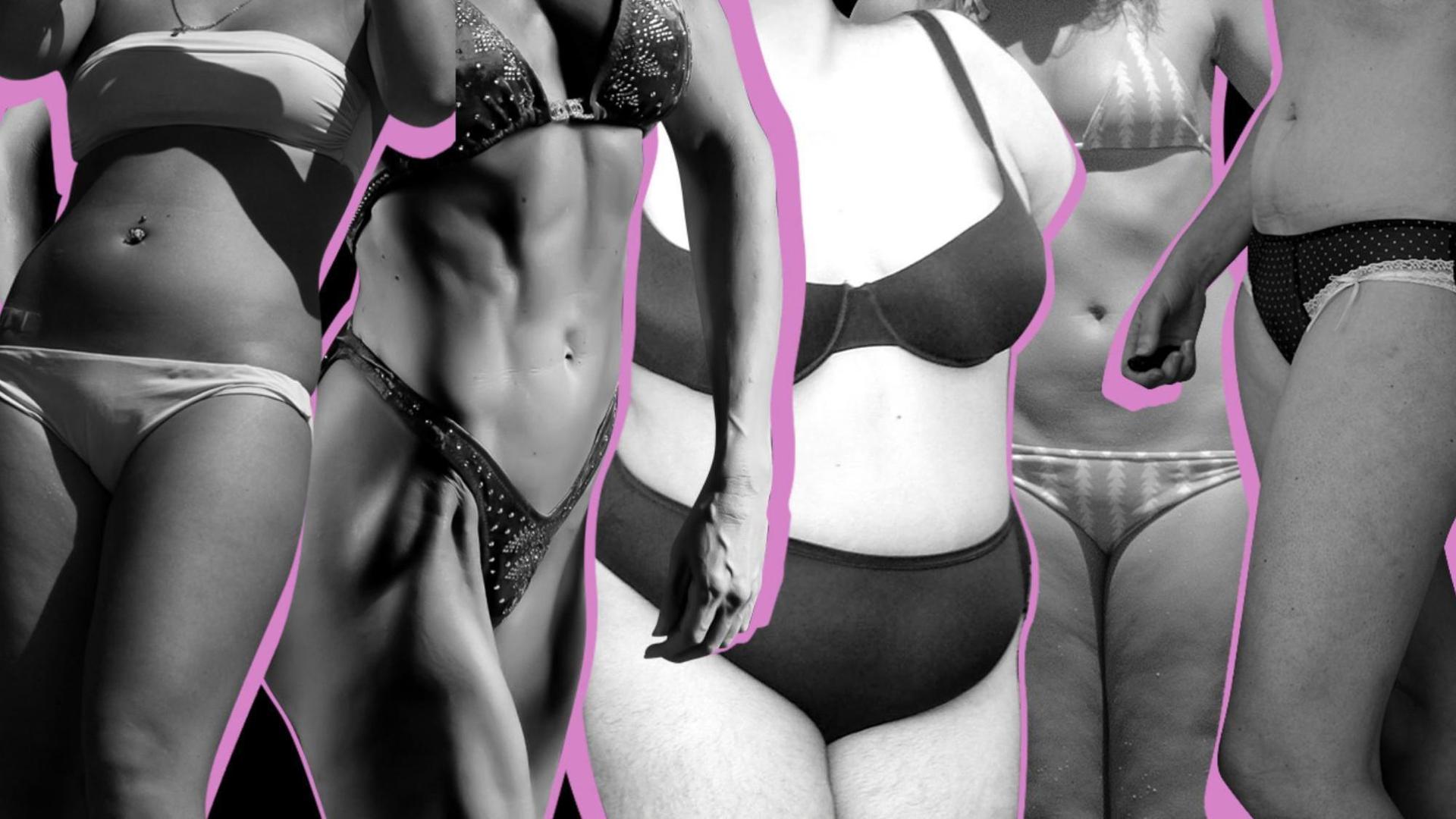While Instagram has been fueling a debate over body image almost since the app’s inception, the community guidelines of Getty Images don’t generally get quite so much airtime. But it appears that the premiere photo service is getting strict when it comes to photoshopping models’ body shapes. Getty Images iStock has reportedly emailed contributors asking “that you do not submit to us any creative content depicting models whose body shapes have been retouched to make them look thinner or larger.”
Admirable? Well, sorta. The request is representative of a seismic body-positive shift in attitudes towards retouched images. The timing is significant, and not just because Paris Fashion Week kicks off today. On October 1, a new French law goes into effect that requires publications to include the words “photographie retouchée” (or “retouched photograph”) on all retouched images. The penalty for failing to do so? A fine of up to $44,000. The law is aimed at combatting eating disorders amongst the nation’s youth, and applies to print, online, posters, campaigns, and catalogs.
“Exposing young people to normative and unrealistic images of bodies leads to a sense of self-depreciation and poor self-esteem that can impact health-related behavior,” said France’s Minister of Social Affairs and Health, Marisol Touraine, when announcing the new regulation last year. A related regulation stipulates that models provide certificates of health in order to work in France, inspired by a similar anti-thinspo initiative in California.
Getty’s new requirement is hardly a total win for beauty diversityl. The company’s email states that “other changes made to models like a change of hair color, nose shape, retouching of skin or blemishes, etc., are outside the scope of this new law, and are therefore still acceptable.” But at least the psychological repercussions of digital slimming are finally being addressed by the industry.
Earlier this month, James Scully — the no-BS casting director who famously called out Balenciaga’s mistreatment of models last year — announced an agreement with rival fashion conglomerates LVMH and Kering that would ban size zero and underage models from the runways of Gucci, Dior, and Louis Vuitton. “This is an amazing step forward by the two most important companies in the world and they are dedicated to keeping this permanent,” he wrote on Instagram. “We hope other groups will soon follow suit.”
i-D reached out to Getty Images and received the following response:
“As a leader in visual communications, Getty Images upholds the responsibility to ensure accurate and authentic visual representation. Our perceptions of what is possible are often shaped by what we see: positive imagery can have direct impact on fighting stereotypes, creating tolerance, and empowering communities to feel represented in society. That’s why over the last several years, Getty Images has made a concerted effort to change the way women and other marginalized communities are represented in media and advertising.”
